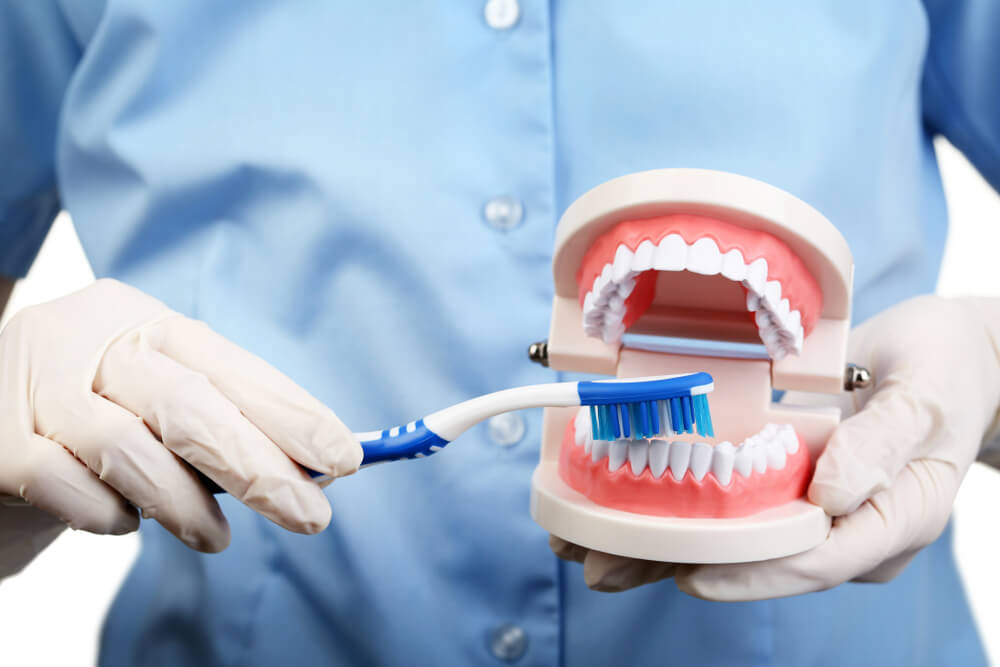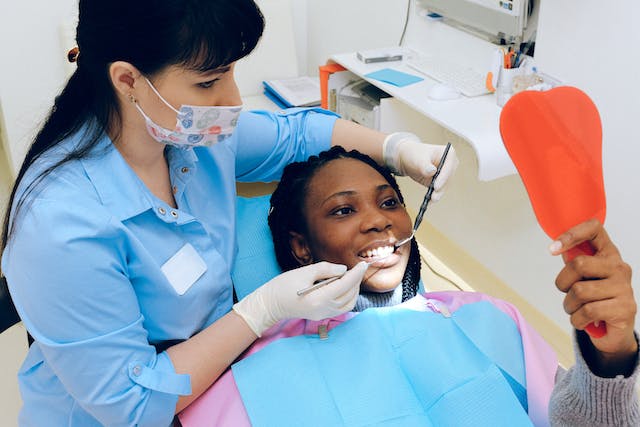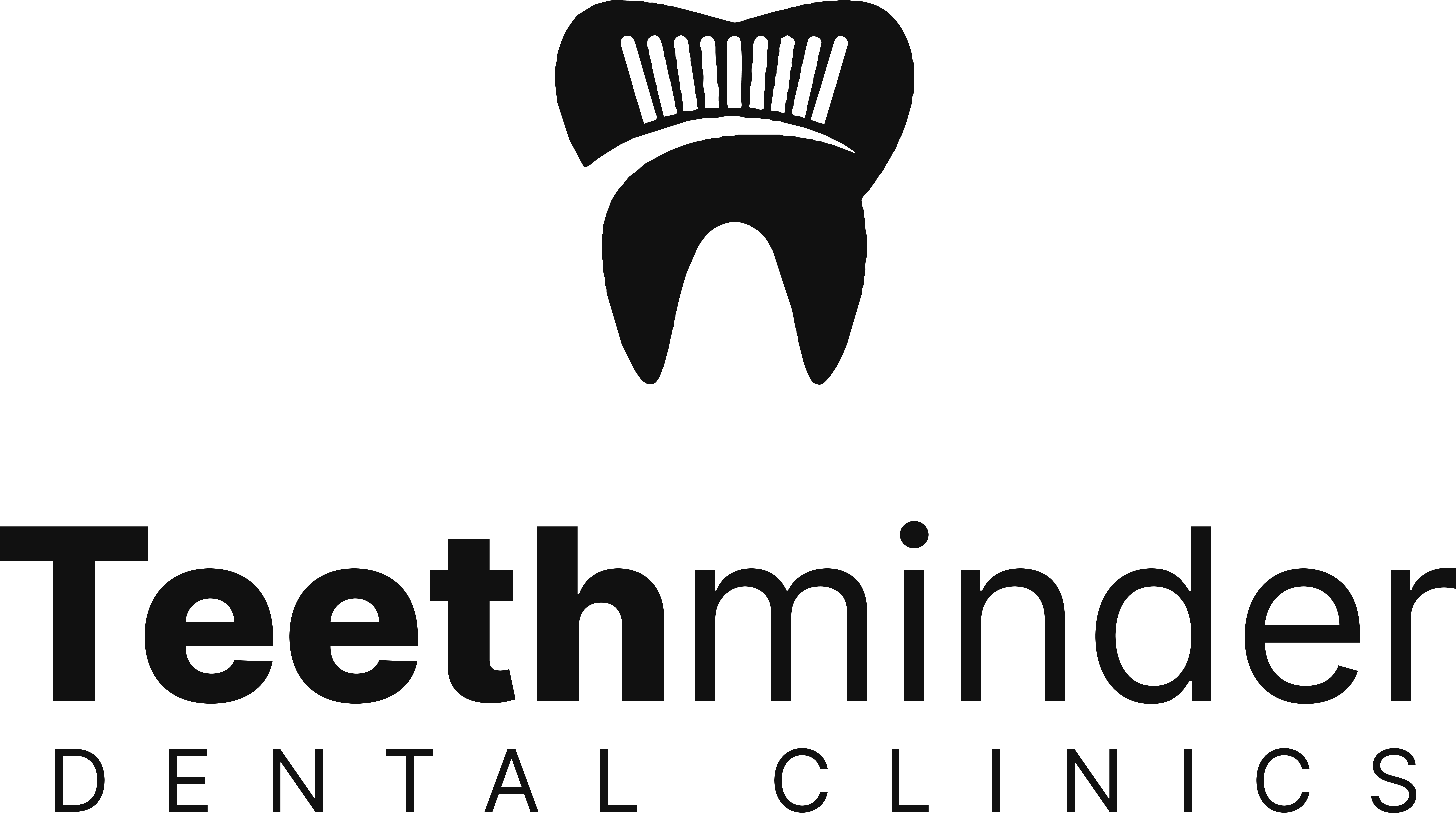
03 Sep The Importance of Preventive Dental Care: Tips for Every Day
Maintaining a bright, healthy smile goes beyond just looking good in photos. It’s a vital part of overall health, confidence, and quality of life. Preventive dental care isn’t just about avoiding cavities—it’s about ensuring the longevity and strength of your teeth and gums, as well as preventing more severe health problems. Here’s why preventive dental care is so important and some simple tips to help you maintain a healthy smile every day.
1. What is Preventive Dental Care?
Preventive dental care involves daily habits and regular checkups aimed at avoiding dental problems before they begin. This includes everything from brushing and flossing to regular visits to the dentist. The goal is to maintain your oral health at its best and prevent issues like cavities, gum disease, enamel wear, and more serious conditions that could affect your entire body.
2. Why is Preventive Dental Care Important?
Preventive dental care helps you:
- Save Money: Preventive care is much less expensive than treatments for dental problems like fillings, root canals, or gum surgeries. A little effort today can save you from expensive dental bills tomorrow.
- Avoid Pain and Discomfort: Cavities, gum disease, and other dental issues can be painful. Regular care helps avoid these problems and the discomfort they cause.
- Support Overall Health: Poor oral health has been linked to serious health problems, including heart disease, diabetes, and respiratory infections. Keeping your mouth healthy can contribute to your overall well-being.
3. Daily Dental Care Tips for a Healthy Smile
Here are some simple yet effective tips to help you maintain your oral health every day:
- Brush Twice a Day: Brush your teeth for at least two minutes, twice a day. Use a soft-bristled toothbrush and fluoride toothpaste. Make sure to reach all surfaces of your teeth, including the front, back, and chewing surfaces. Don’t forget your tongue, where bacteria can also accumulate.
- Floss Daily: Flossing is essential for removing food particles and plaque from between your teeth and under the gumline—areas your toothbrush can’t reach. Make it a habit to floss once a day, preferably before bedtime.
- Use Mouthwash: An antiseptic mouthwash can help reduce bacteria in the mouth and freshen your breath. Look for a mouthwash that contains fluoride to help strengthen your enamel and prevent decay.
- Stay Hydrated: Drinking water throughout the day helps wash away food particles and bacteria, and promotes saliva production, which is essential for neutralizing acids and protecting your teeth from decay.
- Eat a Balanced Diet: A diet rich in vitamins and minerals, especially calcium and vitamin D, supports healthy teeth and gums. Limit sugary snacks and drinks, which can cause tooth decay, and opt for fresh fruits, vegetables, and dairy products that strengthen your teeth.
4. Don’t Skip Your Regular Dental Checkups
Even with excellent home care, regular dental visits are crucial. Schedule a checkup and professional cleaning with your dentist at least every six months. These visits help to:
- Detect Problems Early: Dentists can spot early signs of decay, gum disease, or other issues that you might not notice until they become painful or require more extensive treatment.
- Provide a Deeper Clean: Professional cleanings remove tartar buildup that can’t be removed with regular brushing and flossing, reducing your risk of gum disease.
5. Additional Preventive Measures to Protect Your Smile
- Wear a Mouthguard: If you play sports, protect your teeth with a mouthguard to prevent injuries.
- Quit Smoking: Smoking not only stains your teeth but also increases the risk of gum disease and oral cancer. Quitting smoking is one of the best things you can do for your oral and overall health.
- Limit Staining Habits: Be mindful of habits that can stain your teeth, like drinking coffee, tea, or red wine, and consider rinsing your mouth with water afterward to minimize discoloration.
6. Small Steps Lead to Big Benefits
Maintaining a healthy smile doesn’t require complicated routines or expensive treatments—just simple, everyday habits that prevent problems before they start. By incorporating these daily dental care tips, you’re investing in your health and well-being for years to come. Remember, a healthy mouth is a key to a healthy body, so take those small steps today for a brighter smile tomorrow!

Final Thoughts
Preventive dental care is not just about maintaining a beautiful smile; it’s an essential part of overall health. Regular habits like brushing, flossing, and eating a balanced diet, along with consistent dental visits, can help you avoid painful and costly problems in the future. Start your journey to better oral health today by taking care of your teeth every day!



No Comments